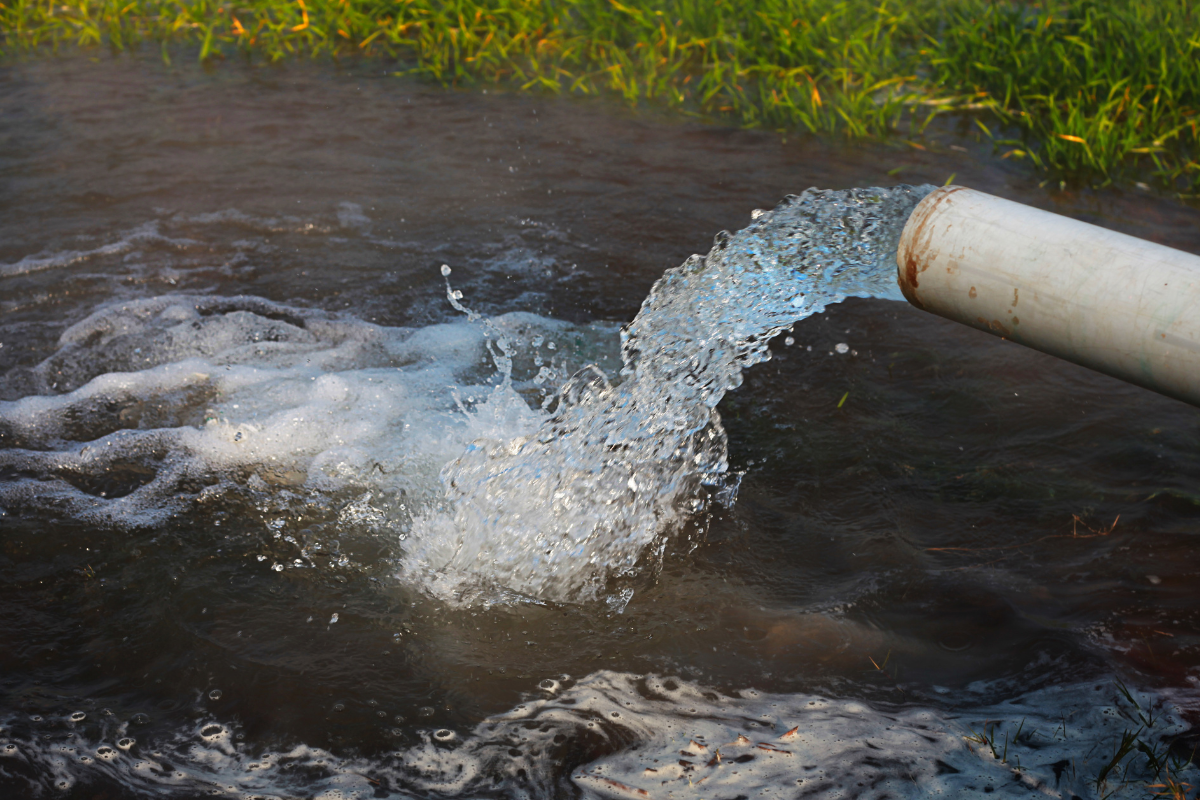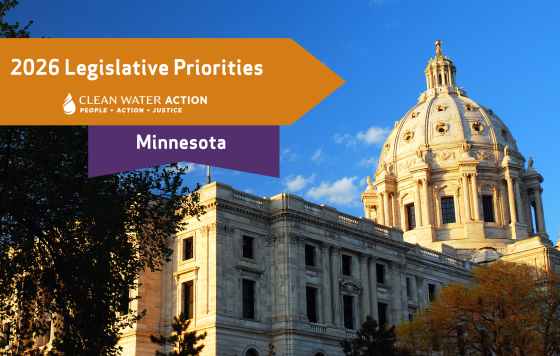
The Sustainable Groundwater Management Act (SGMA) was passed by the California legislature in 2014 in an effort to stop decades of overdraft of California’s aquifers and ensure California groundwater is being managed sustainably. Safeguarding the success of SGMA is essential for California’s future water supply needs.
Today, we live to see the impacts of climate change in our lifetimes. In the case of groundwater, climate change has intensified both drought and flood patterns, making the balancing of groundwater pumping and recharge more difficult.
Continual overdraft results in a compounding cycle of lowering of groundwater levels, which causes land subsidence, and inevitably induces wells to go dry. As groundwater is depleted, harmful contaminants are drawn into groundwater, saltwater intrudes into coastal groundwater aquifers, and interconnected surface waters diminish alongside depleting groundwater reservoirs.
Nearly 85% of Californians depend on groundwater for all or part of their water supply. Small water systems are particularly vulnerable, as they are more likely to depend on a single well for their water supply. This makes small water systems more susceptible to drought and water quality impacts.
In the state’s overdrafted groundwater basins, a significant reduction in groundwater pumping will be needed to reach sustainability. A big question is whether sustainability can be reached without catastrophic impacts on communities or the environment. The results to date are not promising.
Managed wetlands that rely on groundwater in the San Joaquin Valley are struggling with mandated pumping reduction of 50% or more, even though their water use is less than 2% of the total groundwater use in any given basin, with fines charged if targeted reductions aren’t met. With 95% of wetlands in the state destroyed in the past 150 years, preservation of the few remaining areas is an environmental priority. Meanwhile, some 250 small water systems, which already operate on a shoestring, are bracing for high fees or fines if their water use increases.
Clean Water Action and Audubon California are co-sponsoring AB 828 (Connolly) to even the playing field. The bill would require groundwater plans submitted after January 1, 2025, to identify the economic and water supply impacts of their plans on managed wetlands and small community water systems and would pause imposition of pumping limitations or fines on these users, pending approval of these plans, as long as their water use doesn’t increase. Clean Water Action endeavors to deliver further relief and aid to those who rely on the success of SGMA for their clean and safe drinking water.


